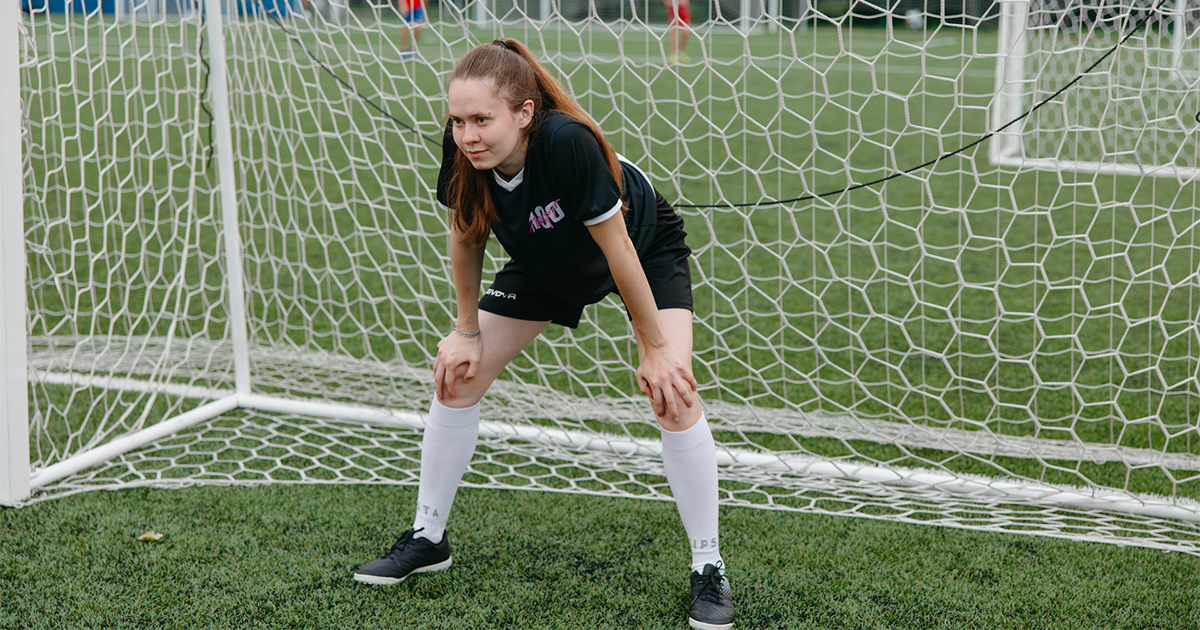Let’s be honest.
Sport participation and adolescence isn’t the most iconic of duos.
We’re all familiar with the stereotypes of teenagers moaning about going to gym class, drawing the sick card on sports carnivals, or even straight-up wagging when any kind of physical activity is even anticipated.
But the results of our latest youth sport research show that some young people might have good reason to not participate in sport.
Playing sports for the win?
Bear with us here.
Now, science does tell us that regular physical activity is essential to our wellbeing. But it also tells us that obtaining a healthy balance in life is integral to our vitality.
And according to our Year13 PlayOn Gen Z sport research done in partnership with Visa, many young Australians are crying out for balance between their sport and study.
As we found in our survey of 1250 13 to 23 year olds nationwide, having more time to study is the number one reason why teenagers drop out of playing sports.
In our survey we found 40% of young people don’t play any sport at all. Of this group, 41% of them say they gave up sport because they needed more time to study, with females (48%) far more likely to cite this as a reason than males (30%).
So what’s going on here? Are sport and study a good mix… or not?
Well, it helps to look beneath the surface here. The research also found that when asked how they think playing sport impacts on their studies, half (49%) of young Australians said sport positively impacts their studies. The reasons they most gave for this were that it helps lift their mood and clear their mind.
Just 7% of respondents said they see sport as negatively impacting studies, while 44% said it had a neutral impact on their academic work. So overall we can see that most young Australians are largely positive or indifferent, with only a minority thinking sport and study aren’t a good mix.
“Playing sport allows my mental health to remain in a positive space, and reset my mind after a complicated or tricky day,” a 17-year-old female from Queensland told us.
“My day starts off right when it begins with sport or exercise and my mind focuses easier when exercising before study in the afternoon. It is good for my body and just as good for my mind.”
Meanwhile a 17-year-old female from Western Australia told us how she’d stopped playing sport due to her study commitments.
“I think the misconception that if you play sport on a weekly basis that you will not have time to study caused me to stop sport,” she said.
“(It was due to) Family influence of studying to get into a good degree, and likewise it has affected many of my other friends.”
The question is, does the way we look at sport in relation to study need to be reframed to persuade more young people to see sport as having a positive impact on their studies? Or are some young Australians simply struggling to maintain study-life balance?
The answer will be individual to each young person, but it’s a worthy reminder that sport and study don’t have to be seen as a bad mix as some parents may see it, when in fact most young people think it has a positive impact on their study.






